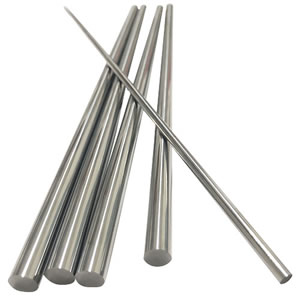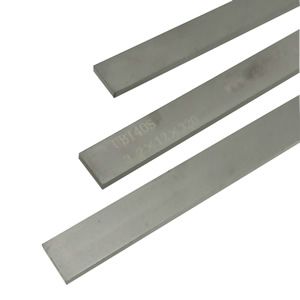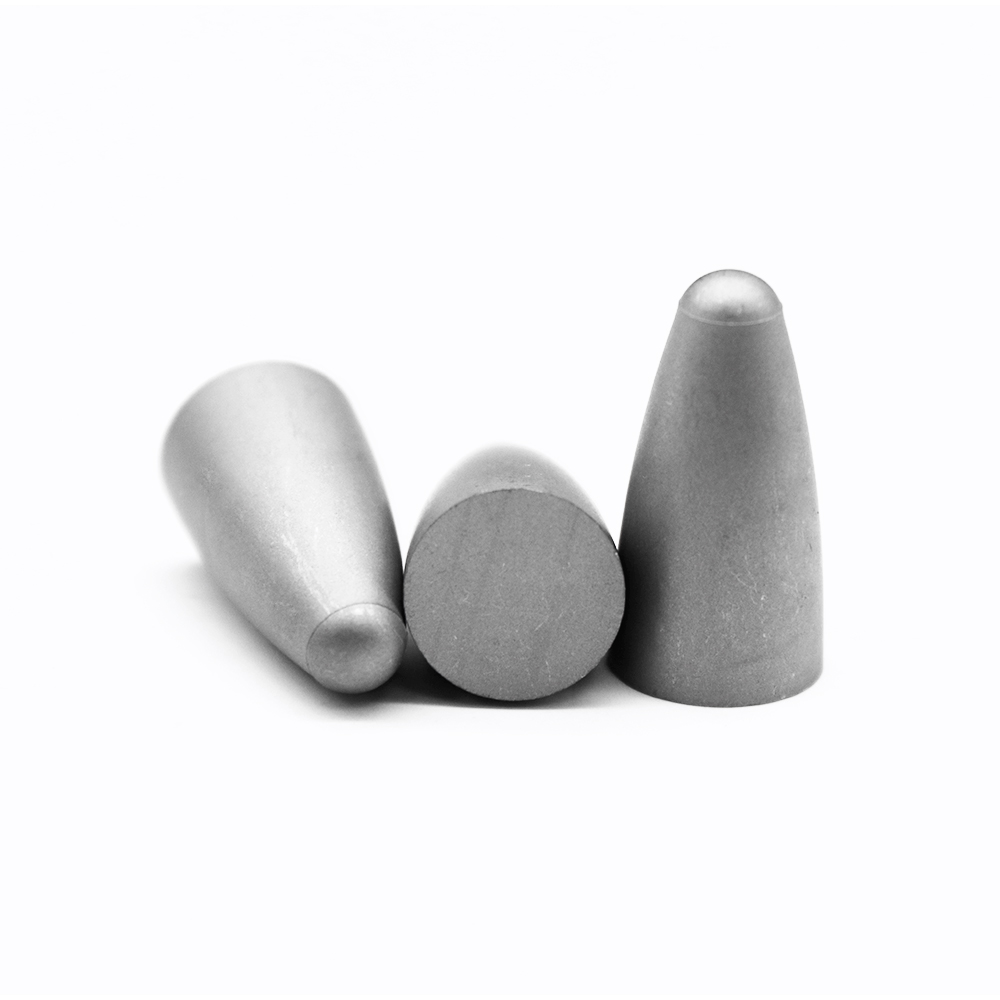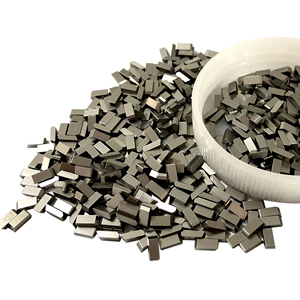Treatment for Uneven Wear Surface of Carbide Stud Roller
Treatment for Uneven Wear Surface of Carbide Stud Roller

According to the wear mechanism of the roller surface of high pressure roller mill, the cemented carbide stud roller surface has been developed in recent years. The cylinder sintered by tungsten-cobalt cemented carbide is embedded in the roller sleeve body to form a hard phase with a hardness of up to HRC67. The gap between the stud and is filled by fine particles in the material, thus forming the material liner to protect the roller sleeve parent. Stud roller surface has the advantages of good wear resistance, long one-time service life, less daily repair workload, and has been applied in many industries.
Reasons for uneven wear of the roller surface:
Due to the edge effect of the high pressure roller mill, the extrusion pressure in the middle of the roller is greater than that at both ends when the material is squeezed. Over time, the wear in the middle of the roll surface is significantly more serious than that at both ends (picture 1). At the later stage of wear, the gap between the two rollers is too large to form a material layer, and the extrusion effect of the high pressure roller mill is worse, and the intermediate gap can only be reduced by adjusting the original roll gap of the two rollers. Due to less wear at both ends, the end faces of the two rollers will collide when adjusted to a certain extent, and the conditions for the formation of the intermediate material layer are still not met, thus affecting the quality of high-pressure roller grinding products and equipment stability.
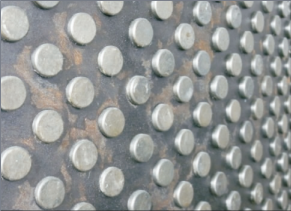
picture 1
The traditional surfacing roller surface can repair the worn roller surface area to meet the production needs. Stud roller surface is a certain length of cylindrical cemented carbide stud embedded in the cylindrical hole of the base material of the roller surface to meet the strength and hardness requirements of the roller sleeve, but the matrix material of the roller sleeve is poor in welding performance, and the tungsten cobalt cemented carbide used by the stud does not have surfacing performance, so the stud roller surface needs to solve the problem of how to repair uneven wear after the wear of the roller surface.
The causes of uneven wear of roll surface include improper operation, material segregation of steady flow weighing bin and so on. Some users adjust the passing amount of the high-pressure roller mill by adjusting the opening of the manual bar gate set under the steady flow tank. If only the manual bar gate in the middle is opened, more materials pass through the middle of the roller, and only sparse materials pass through the two ends, resulting in uneven wear of the roller. The material segregation is mainly caused by the improper setting of process pipeline, which leads to the insufficient mixing of fresh ingredients and circulating materials into the steady flow bin.
Treatment method:
There are thousands of tungsten-cobalt cemented carbide pins used in large high-pressure roller mills, which can be repaired with poor performance, and there is no mature and reliable treatment technology at home and abroad. If the work efficiency of high pressure roller mill is restored by replacing the stud roller sleeve, it is not only expensive, but also the waste of the old roller sleeve will lead to a waste of resources. After full investigation and discussion, it is decided to adopt grinding method to solve the problem of uneven wear of roller surface, and develop the grinding device of stud roller surface. Due to the limited operating space of the high pressure roller mill and the difficulty of lifting, it is necessary to design a special power mechanism for grinding, and the entire device must be simple and lightweight to install, in order to achieve on-site grinding.
The stud roller surface grinding device is mainly composed of a measuring device for measuring the wear data of the roll surface, a grinding plate, a power mechanism for driving the grinding plate, a feed mechanism for pulling the grinding plate along the roller axis and radial movement and an automatic adjustment control system. According to the wear characteristics of the stud roller surface rollers, the wear characteristics of the two ends of the stud roller surface are small and the middle wear is large, the key to solve the problem of the stud roller surface grinding device is to combine the two rollers. The higher end of the stud is ground away. In order to improve the grinding efficiency, the grinding device is designed so that the two ends of the roller can be operated simultaneously and independently.
Due to the high hardness of the stud, the ordinary grinding disc has low efficiency and large loss. Through many simulated grinding tests, the grinding and consumption efficiency of different types of grinding pieces are compared, and the suitable grinding sheet structure, size, abrasive type, particle size, hardness and binder type are selected. The feed mechanism of the stud roller grinding device can adjust the grinding range in real time through the automatic adjustment control system according to the wear data of the stud roller surface. At present, the grinding device has been used in many high-pressure roller mills for post-treatment of pin roller surface wear.
Conclusion:
Stud roller surface has high hardness, good wear resistance, can form the material lining protective roller sleeve matrix. However, in the later period of usage, due to the edge effect of the high pressure roller mill and the material segregation of the steady flow weighing bin, the roller surface wear is not uniform, and the wear characteristics of small wear at both ends and large wear in the middle affect the yield and quality of the high pressure roller mill roller mill products. By applying the stud roller grinding device to grind the uneven stud roller surface on site, the uniformity and extrusion effect of the stud roller surface can be restored, the service life of the stud roller surface can be extended, and the high cost and resource waste caused by replacing the new roller sleeve can be avoided, thus improving production efficiency and saving resources.





